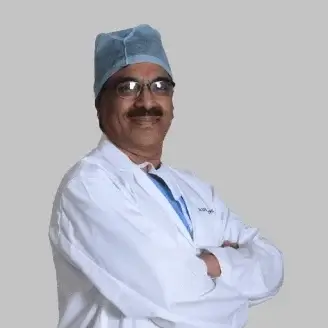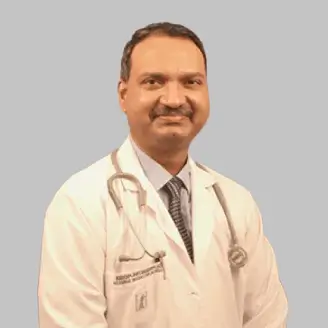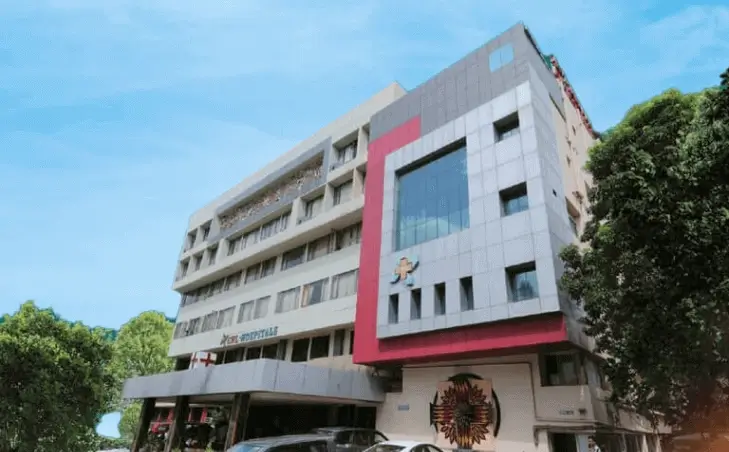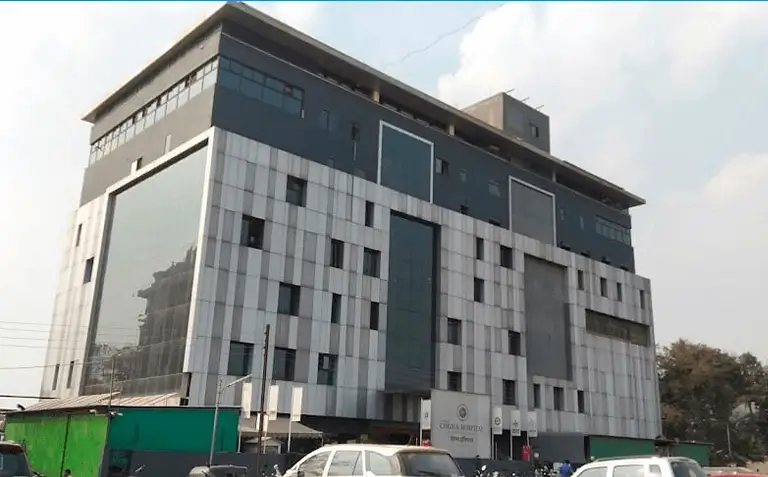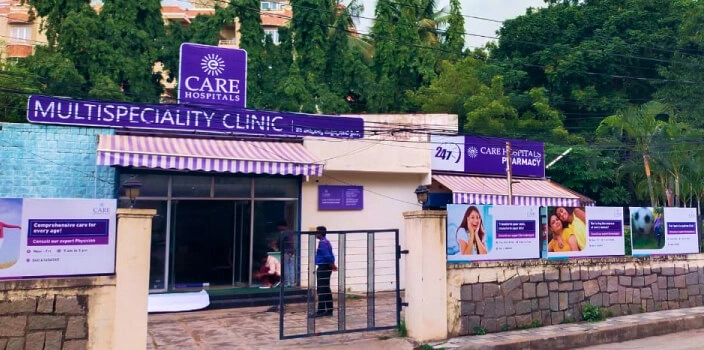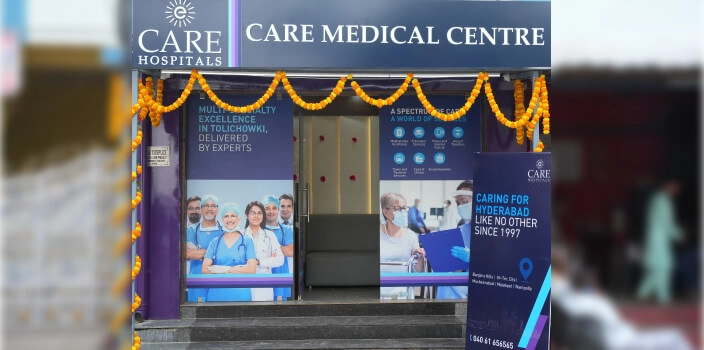-
Doctors
-
Specialities & Treatments
Centre of Excellence
Specialties
Treatments and Procedures
Hospitals & Directions HyderabadCARE Hospitals, Banjara Hills CARE Outpatient Centre, Banjara Hills CARE Hospitals, HITEC City CARE Hospitals, Nampally Gurunanak CARE Hospitals, Musheerabad CARE Hospitals Outpatient Centre, HITEC City CARE Hospitals, Malakpet
HyderabadCARE Hospitals, Banjara Hills CARE Outpatient Centre, Banjara Hills CARE Hospitals, HITEC City CARE Hospitals, Nampally Gurunanak CARE Hospitals, Musheerabad CARE Hospitals Outpatient Centre, HITEC City CARE Hospitals, Malakpet Raipur
Raipur
 Bhubaneswar
Bhubaneswar Visakhapatnam
Visakhapatnam
 Nagpur
Nagpur
 Indore
Indore
 Chh. Sambhajinagar
Chh. SambhajinagarClinics & Medical Centers
Book an AppointmentContact Us
Online Lab Reports
Book an Appointment
Consult Super-Specialist Doctors at CARE Hospitals

Best Hospitals for Aortic Valve Replacement Surgery
- Advanced Technology
- Shorter Hospital Stay
- Pre & Post-Operative Care
- All Insurance Accepted

Chat With Our Experts
Get second opinion on Whatsapp
25 lakhs+
Happy Patients
Experienced and
skilled surgeons
17
Health Care Facilities
Top most Referral Centre
for Complex Surgeries
Advanced Heart Valve Replacement Surgery
Aortic Valve Replacement (AVR) surgery, a critical cardiac procedure, demands precision, expertise, and state-of-the-art technology. Replacement valves may be mechanical or biological, depending on patient needs & the severity of the condition. At CARE Hospitals, recognized as the best hospital for valve replacement in India, we combine cutting-edge surgical techniques with patient-centred care to deliver exceptional outcomes in AVR surgery.
Why CARE Group Hospitals is Your Top Choice for Aortic Valve Replacement Surgery
CARE Hospitals stands out as the premier destination for AVR surgery due to:
- Renowned cardiac surgery teams with vast experience in complex valve procedures
- State-of-the-art operating theatres equipped with advanced cardiac surgery technology
- Comprehensive pre and post-operative care tailored to each patient’s unique needs
- Patient-centric approach focusing on relieving the symptoms and improving the quality of life
- Excellent track record of successful AVR surgeries with optimal functional outcomes
Best Hospitals for Aortic Valve Replacement Surgeon in India


Cutting-edge Surgical Innovations at CARE Hospital
At CARE Hospitals, we harness the latest surgical innovations to enhance the safety and efficacy of aortic valve replacement procedures:
- Minimally Invasive AVR: Offering smaller incisions and faster recovery
- Transcatheter Aortic Valve Replacement (TAVR): Providing a less invasive option for high-risk patients
- Advanced Imaging Techniques: Enhancing precision in valve sizing and placement
Conditions for Aortic Valve Replacement (AVR) Surgery
Our expert cardiac surgeons at CARE Hospitals perform AVR for various aortic valve conditions, including:
- Severe aortic stenosis
- Aortic regurgitation
- Congenital aortic valve defects
- Degenerative aortic valve disease
- Aortic valve endocarditis
- Aortic root aneurysm with valve involvement
- Bicuspid aortic valve disease
Get Right Diagnosis, Treatment & Cost Estimate Details to
Make a Fully Informed Decision.
Types of Aortic Valve Replacement (AVR) Surgery Procedures
CARE Hospitals offers different types of AVR procedures tailored to each patient’s specific needs:
- Traditional Open-heart AVR: Standard approach for valve replacement
- Minimally Invasive AVR: Smaller incision techniques for suitable candidates
- Transcatheter Aortic Valve Replacement (TAVR): Catheter-based approach for high-risk patients
- Sutureless AVR: Rapid deployment valves for reduced surgical time
Pre-surgery Preparation
Proper preparation is vital for the success of AVR surgery. Our cardiac team guides patients through detailed preparation steps, including:
- Comprehensive cardiac evaluation and review of clinical history
- Echocardiogram and other imaging studies like chest X-ray or cardiac CT scan
- Blood tests and electrocardiogram (ECG)
- Medication adjustments
- Smoking and alcohol cessation support (if applicable)
- Fasting instruction
Aortic Valve Replacement (AVR) Surgery Procedure
The AVR surgical procedure at CARE Hospitals typically involves:
- Administration of general anaesthesia
- A midline incision for open-heart surgery or 3-4 small incisions for minimally invasive procedure
- Connection to the heart-lung bypass machine
- Removal of the diseased aortic valve
- Implantation of the new valve (mechanical or biological)
- Removal of the heart-lung bypass machine
- Careful closure and monitoring
For TAVR procedures:
- A small incision in the groin or chest
- Insertion of a catheter to guide the new valve into place
- Deployment of the new valve within the diseased valve
- Removal of the catheter & closure of the incision
Post-surgery Recovery
Recovery after AVR surgery is a crucial phase. At CARE Hospitals, we provide:
- Intensive care monitoring
- Expert pain management
- Early mobilisation and physiotherapy
- Cardiac rehabilitation program
- Medication management (including anticoagulation therapy if needed)
- Dietary instruction
- Ongoing emotional support and counselling
- Most patients after surgery stay in the hospital for 5-7 days after open surgery, with a shorter stay for minimally invasive procedures.
Risks and Complications
AVR surgery, like any major operation, carries some risks. These may include:
- Bleeding
- Blood clot formation
- Incision wound infection
- Endocarditis
- Stroke
- Arrhythmias
- Valve-related complications (e.g., thrombosis, leakage)
- Kidney issues - long-term complications after aortic valve replacement

Benefits of Aortic Valve Replacement (AVR) Surgery
AVR surgery offers several significant benefits:
- Improved heart function and blood flow
- Relief from cardiac symptoms such as shortness of breath and chest pain
- Increased life expectancy
- Reduced risk of heart failure and other cardiac complications
- Potential for improved exercise tolerance
Insurance Assistance for Aortic Valve Replacement (AVR) Surgery
At CARE Hospitals, we understand that navigating insurance coverage can be challenging. Our dedicated team assists patients in:
- Verifying insurance coverage
- Obtaining pre-authorisation
- Explaining all the expanses
- Exploring financial assistance options if needed
Second Opinion for Aortic Valve Replacement (AVR) Surgery
Our doctors encourage patients to seek a second opinion before undergoing AVR surgery. CARE Hospitals offers comprehensive free second opinion services, where our expert cardiac specialists:
- Review your medical history and diagnostic tests
- Perform necessary tests if needed
- Discuss treatment options and their potential outcomes
- Provide a detailed assessment of the proposed surgical plan
- Address any concerns or questions you may have
Conclusion
Aortic Valve Replacement surgery significantly improves heart function, reduces cardiac symptoms, and enhances overall quality of life, offering a safer, more effective treatment for serious heart valve conditions. With the best valve replacement surgeon in India, our team of expert cardiac surgeons, state-of-the-art facilities, and comprehensive care approach make us the top choice for AVR treatment.
Aortic Valve Replacement Hospitals in India
-
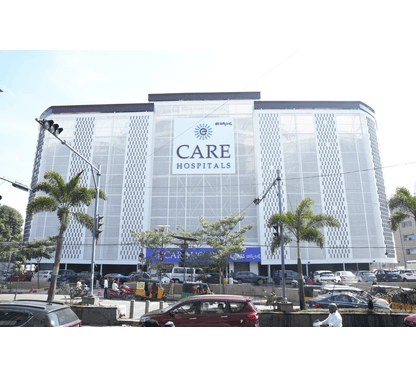
CARE Hospitals, Banjara Hills, Hyderabad
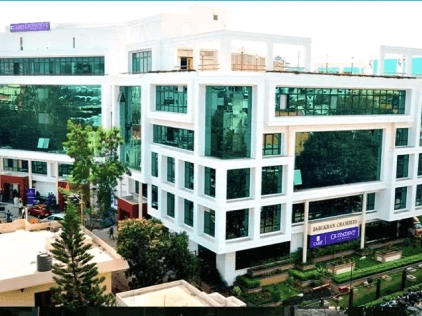
CARE Hospitals Outpatient Centre, Banjara Hills, Hyderabad
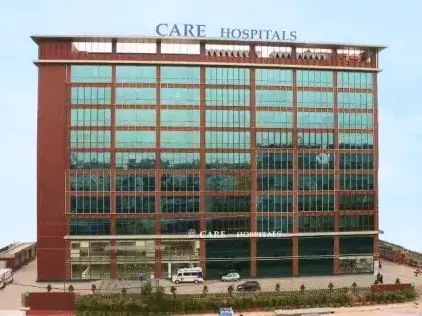
CARE Hospitals, HITEC City, Hyderabad
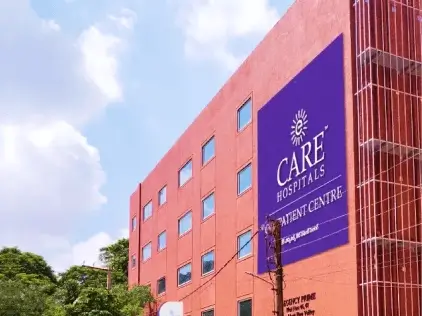
CARE Hospitals Outpatient Centre, HITEC City, Hyderabad
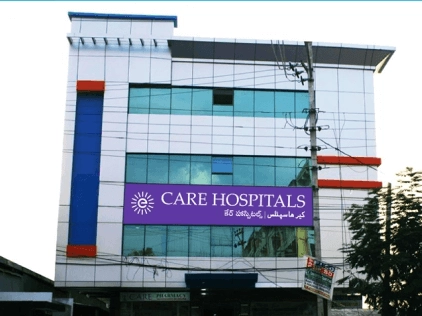
Gurunanak CARE Hospitals, Musheerabad, Hyderabad
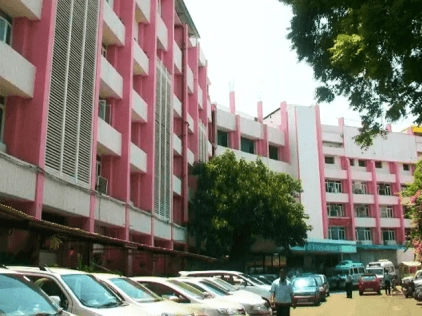
CARE Hospitals, Nampally, Hyderabad
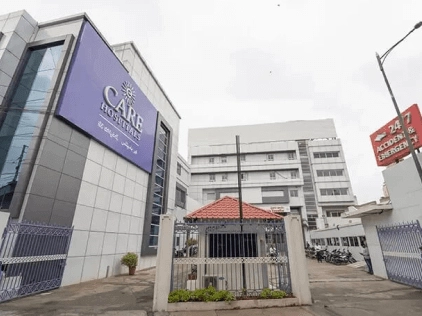
CARE Hospitals, Malakpet, Hyderabad
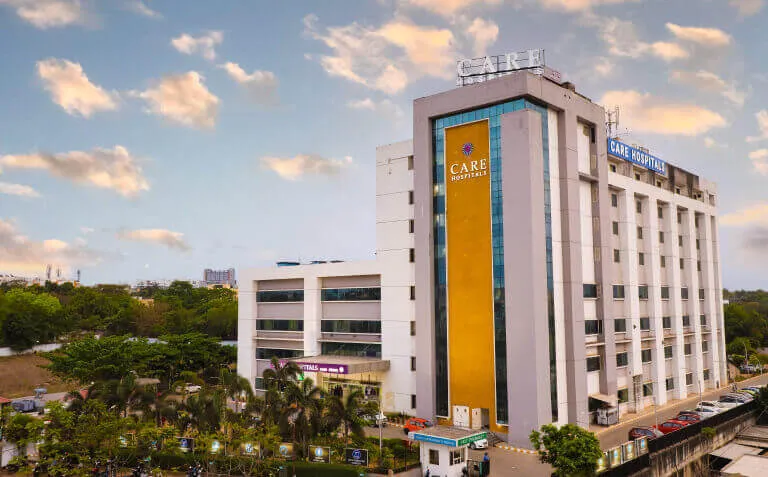
CARE Hospitals, Bhubaneswar
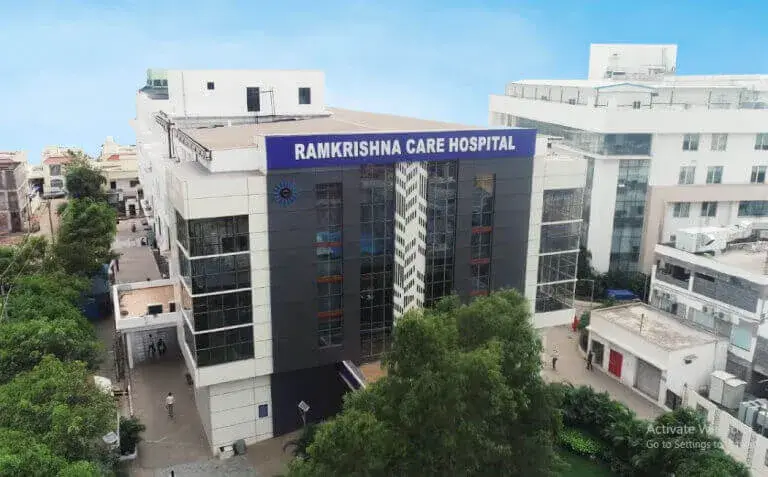
Ramkrishna CARE Hospitals, Raipur
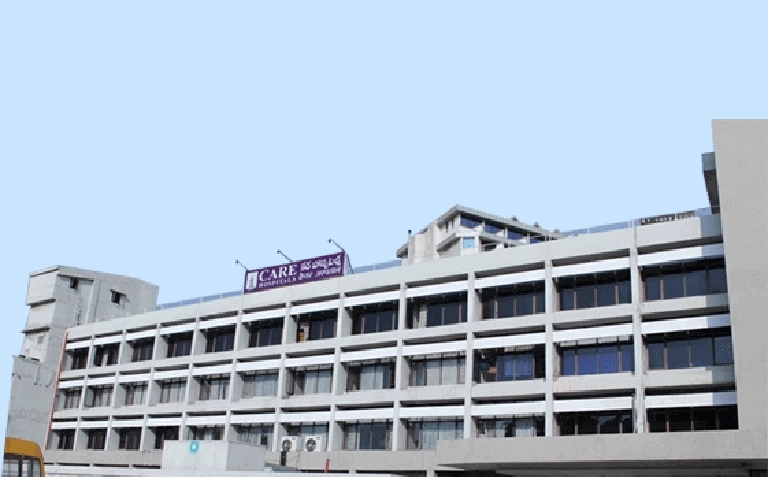
CARE Hospitals, Ramnagar, Visakhapatnam
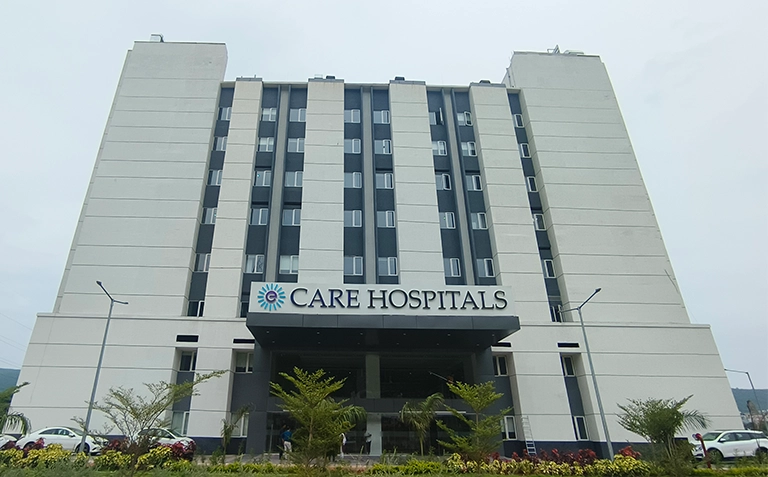
CARE Hospitals, Health City, Arilova
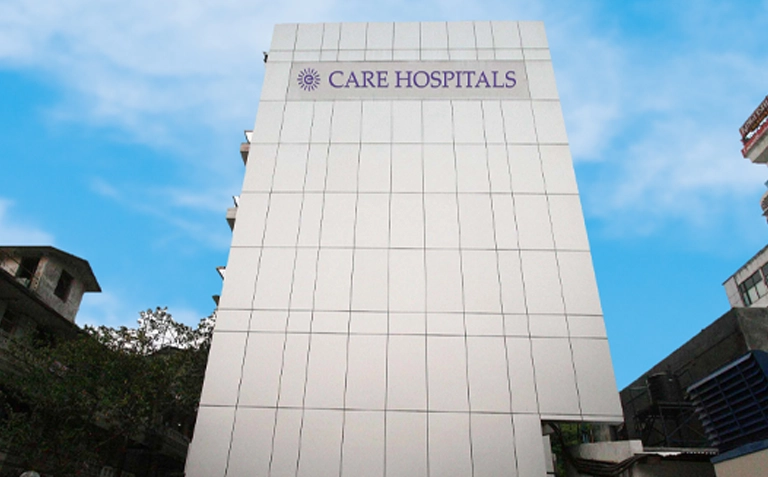
Ganga CARE Hospital Limited, Nagpur
Related Surgeries
- Best Hospitals for Cesarean Delivery
- Best Hospital for Vaginal Hysterectomy
- Best Hospital for Cholecystectomy Surgery
- Best Hospital for Colectomy Surgery
- Best Hospitals for Colostomy Surgery
- Best Hospitals for Laparotomy Surgery
- Best Hospital for Parotidectomy Surgery
- Best Hospitals for Ovarian Cancer Surgery
- Best Hospitals for Pancreatectomy Surgery
- Best Hospitals for Sigmoidoscopy Surgery
- Best Hospitals for Endometrial Cancer Surgery
- Best Hospitals for Whipple Surgery
- Best Hospitals for Thyroidectomy Surgery
- Best Hospitals for Cardioversion Procedures
- Best Hospitals for Pacemaker Insertion Surgery
- Best Hospital for Endovenus Laser Surgery
- Best Hospitals for Atrial Septal Defect Surgery
- Best Hospital for Video-Assisted Thoracoscopic Surgery
- Best Hospital for Ventricular Septal Defect Surgery
- Best Hospital for Heart Valve Replacement Surgery
- Best Hospital for Thoracotomy Surgery
- Best Hospitals for Pericardiectomy Surgery
- Best Hospitals for Aortic Valve Replacement Surgery
- Best Hospitals for Mitral Valve Replacement Surgery
- Pneumonectomy Surgery
- Spinal Fusion Surgery
- Best Hospitals for Ankle Surgery
- Best hospital for carpal tunnel release surgery
- Best Hospitals for Ligament Repair Surgery
- Best Hospitals for Elbow Surgery
- Best Hospitals for Arthroscopic Meniscal Repair Surgery
- Best Hospitals for Laminectomy Surgery
- Best Hospital for Bladder Suspension Surgery
- Best Hospital for Oesaophagectomy Surgery
- Best Hospitals for Roux-en-Y Gastric Bypass
- Best Hospitals for Small Bowl Resection
- Best Hospitals for Vasectomy
- Best Hospital for Tubal Ligation Surgery
- Best Hospitals for Endometrial Ablation Surgery
- Best Hospital for Arthroscopy Surgery
- Best Hospital for Choledochocystectomy Surgery
- Best Hospital for Choledochojejunostomy Surgery
- Best Hospital for Choledocoduodenostomy Surgery
- Best Hospital for Circumcision Surgery
- Best Hospital for DJ Stent Removal Surgery
- Best Hospital for Fistula Surgery
- Best Hospital for Hiatus Hernia Surgery
- Best Hospital for Incisional Hernia Surgery
- Best Hospital for Laparoscopic Hysterectomy Surgery
- Best Hospital for Laser Prostatectomy Surgery
- Best Hospital for Open Reduction Internal Fixation (ORIF) Surgery
- Best Hospital for PCNL Surgery
- Best Hospital for Penile Implant Surgery
- Best Hospital for Piles Surgery
- Best Hospital for Pilonidal Sinus Surgery
- Best Hospital for Peroral Endoscopic Myotomy Surgery
- Best Hospital for Retrograde Intrarenal Surgery
- Best Hospital for Spine Decompression Surgery
- Best Hospital for Squint Eye Surgery
- Best Hospital for Thyroplasty Surgery
- Best Hospital for Turp Surgery
- Best Hospital for Ureteroscopic lithotripsy Surgery
- Best Hospital for Vitrectomy Surgery
- Best Hospital for VP Shunt Surgery
- Best Hospital for Wisdom Tooth Surgery
- Best Hospitals for Oophorectomy
Frequently Asked Questions
Aortic valve replacement (AVR) surgery is a procedure to remove and replace a damaged or diseased aortic valve with an artificial valve to restore proper blood flow from the heart to the body.
The surgery duration varies depending on the specific procedure, typically ranging from 2 to 4 hours for traditional surgery and potentially less for minimally invasive approaches.
While rare, risks may include bleeding, infection, stroke, and valve-related complications. Our cardiac team takes every precaution to minimise these risks.
Recovery time varies, but most patients after surgery can return to daily activities within 4-6 weeks after surgery. Complete recovery may take 2-3 months.
While some discomfort is expected after surgery, our expert pain management team ensures you’re comfortable throughout your recovery.
The choice between mechanical and biological valves depends on factors such as age, lifestyle, and ability to take blood-thinning medications. Your cardiac surgeon will discuss the best option for you.
Yes, for some patients, minimally invasive techniques like TAVR can replace the aortic valve without traditional open-heart surgery.
Following their doctor's guidance, most patients can gradually resume normal activities within 4-6 weeks.
Patients with mechanical valves will need lifelong anticoagulation therapy. Those with biological valves may need anticoagulants for a shorter period.
Most insurance plans cover medically necessary aortic valve replacement surgeries. Our medical team will assist you in verifying your coverage and understanding your benefits.
Still Have a Question?


